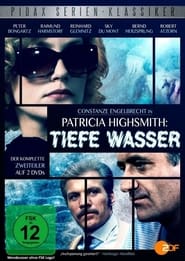detail profile robert atzorn
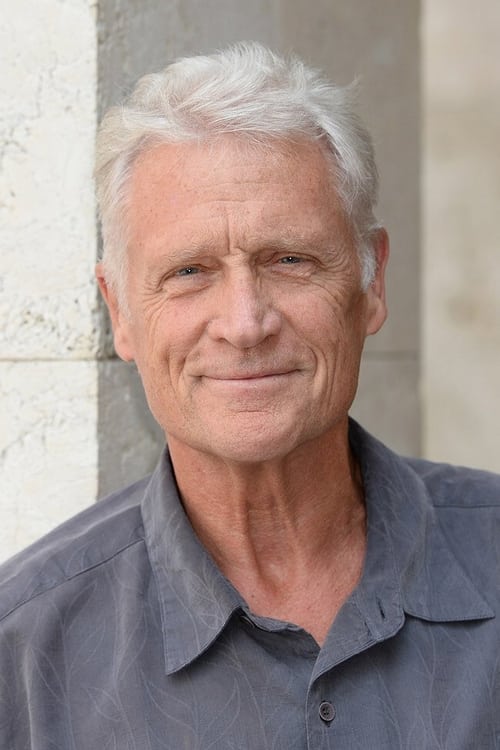
Riwayat Hidup
Robert Atzorn grew up in Oldenburg and Hamburg.
He studied graphic design at the Art School Alsterdamm in Hamburg, however, felt drawn to the theater and therefore moved to the Neue Münchner Schauspielschule (1967-1969).
In the season 1969/70 he got his first job at the Württembergische Landesbühne.
Engagements followed at the Schauspielhaus Zürich (1970/1971), at the Theater Münster (1971/1972), at the Bühnen der Stadt Köln (1972/73), at the Theater Dortmund (1973-1975) and at the Residenz Theatre in Munich (1977-1983).
1980 Robert Atzorn played his first film role in From the Life of the Marionettes, directed by Ingmar Bergman.
After many years in the theater, he worked exclusively since the mid-1980s for television.
A wider audience, he was in the late 1980s alongside Maren Kroymann in the family series Oh Gott, Herr Pfarrer.
For his portrayal of unconventional pastor in 1989, he received the Goldene Kamera.
He became a crowd favorite in the title role of the evening series Unser Lehrer Doktor Specht, which was broadcast from 1992 to 1999 in 70 episodes.
In 1993 he was honored with the Telestar.
Robert Atzorn worked also in various episodes of the television series Forsthaus Falkenau, The Black Forest Clinicand Alphateam – Die Lebensretter im OP, and the crime series Derrick, Ein Fall für zwei, The Old Fox, Tatort and Die Männer vom K3.
As the successor of Manfred Krug and Charles Brauer he investigated from 2001 to 2008 as Tatort-homicide detective Jan Casstorff along with Tilo Prückner as Commissioner Holicek and Julia Schmidt as Jenny Graf for the NDR.
The Tatort episode "Und tschüss" in February 2008 also meant the departure of Atzorn's investigator team.
He was also seen in 2002 Dieter Wedel's miniseries Die Affäre Semmeling as mayor Klaus Hennig.
In the romantic comedy Kiss Me, Chancellor (2004) he slipped into the role of a head of government who falls in love with a maid, played by Andrea Sawatzki.
Also in 2004 he was before the camera in Das Kommando (de), as the commander of a special unit, with his sons Jens and Daniel, who made his debut in the film as an actor.
2005 Atzorn took over the role of the chancellery chief in the series Kanzleramt.
In the ZDF production Africa, mon amour (2007) he played opposite Iris Berben, as occurred with Matti Geschonneck's Wer liebt, hat Recht and in Das Kommando.
In the TV drama Mein Mann, der Trinker he played in 2008 with Franziska Walser a couple whose marriage is put to a severe test.
2008 after a long break came with two new episodes of the adventure series Der Kapitän, in which he portrayed from 1997 to 2000 already the figure of Captain Frank Harmsen.
Robert Atzorn is married since 1976 with Angelika Hartung, both have two adult sons.
Info Pribadi
Peran Yang Di Mainkan Robert Atzorn
 It is the late 1950s Flourishing...
It is the late 1950s Flourishing...The People vs. Fritz Bauer 2015
It is the late 1950s. Flourishing under the economic miracle, Germany grows increasingly apathetic about confronting the horrors of its recent past. Nevertheless, Fritz Bauer doggedly devotes his energies to bringing the Third Reich to justice. One day Bauer receives a letter from Argentina, written by a man who is certain that his daughter is dating the son of Adolph Eichmann. Excited by the promising lead, and mistrustful of a corrupt judiciary system where Nazis still lurk, Bauer journeys to Jerusalem to seek alliance with Mossad, the Israeli secret service. To do so is treason — yet committing treason is the only way Bauer can serve his country.
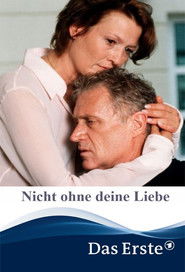 The successful spoiled stock market pro...
The successful spoiled stock market pro...Nicht ohne deine Liebe 2002
The successful spoiled stock market pro Arthur Boysen is a winner. When he is diagnosed with an incurable disease of the nervous system, he takes on the fight against the disease. - Gripping drama with Robert Atzorn as a charismatic financier, who only by the threat of a deadly disease can recognize the value of love for his wife.
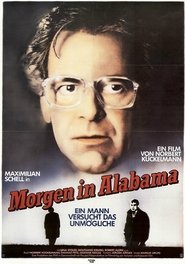 Man Under Suspicion German Morgen in...
Man Under Suspicion German Morgen in...Man Under Suspicion 1985
Man Under Suspicion (German: Morgen in Alabama) is a 1984 West German film directed by Norbert Kückelmann.
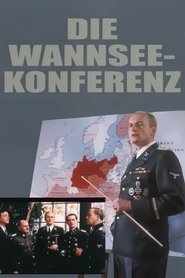 A real time recreation of the 1942...
A real time recreation of the 1942...The Wannsee Conference 1984
A real time recreation of the 1942 Wannsee Conference, in which leading SS and Nazi Party officals gathered to discuss the "Final Solution to the Jewish Question". Led by SS-General Reinhard Heydrich, the Wannsee Conference was the starting point for the Jewish Holcaust which led to the mass murder of six million people.
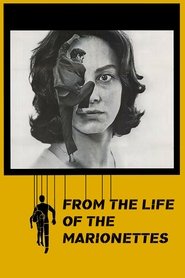 Peter and Katarina are at a...
Peter and Katarina are at a...From the Life of the Marionettes 1980
Peter and Katarina are at a marital crossroads, but, when he brutally kills a burlesque dancer, their domestic squabbles are rendered trivial by comparison. In the wake of the crime, the film backtracks, painting a portrait of the fraught union between Peter and Katarina. When does a marriage go bad? What causes a member of the German bourgeoisie to murder an innocent woman?
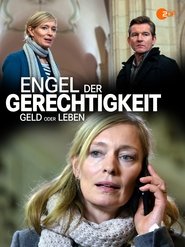

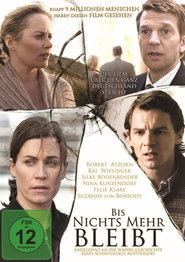 Until Nothing Remains is based on...
Until Nothing Remains is based on...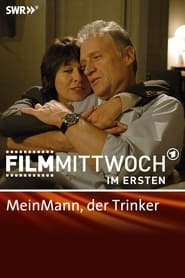 German television movie about an alcoholic...
German television movie about an alcoholic... The story of Polish pedagogue Janusz...
The story of Polish pedagogue Janusz...